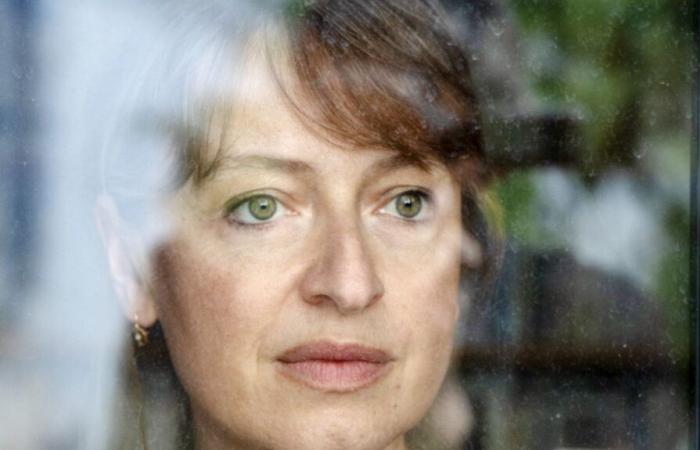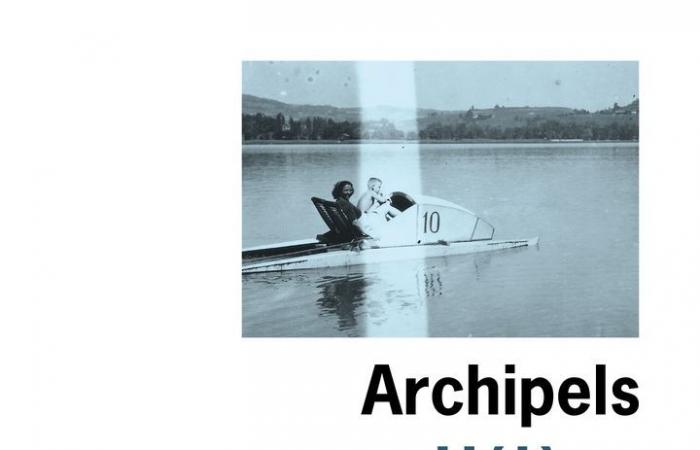D’emblée, the beginning of the novel Archipelagos by Hélène Gaudy (L’Olivier) transports us: “On the borders of Louisiana, an island bears my father’s first name. Every day, it sinks a little deeper under the water.” And the narrator tells us that this island is about to disappear. It’s up to Hélène Gaudy to undertake a journey that will take her to her father, Jean-Charles, to this completely unknown island. She begins her journey of memory with apprehension and hope, encouraging speech without forcing it.
In this intimate, tender and poetic story, the author explores the life of her father, who chose silence as his companion, objects as his witnesses. Lots of objects, my father being a compulsive collector. “Accumulating is the opposite of inhabiting. It is filling the slightest empty space to the point of excluding oneself, to the point of replacing oneself.”
So that these memories do not fade away, do not sink into the depths of amnesia, Hélène Gaudy embarks on a family odyssey which leads her to the open sea of an unsuspected past, far from comfortable shores.
Who is this father, tender, loving, sparing of words and with a mute memory? It is thanks to a rich language, of hypnotic beauty, that the author, seized by the urgency, discovers little by little this old man, a little tired, who, too, was young, artistic, resistant to his way… In ArchipelagosHélène Gaudy, finalist in the Goncourt Prize selection, probes memory and transmission without words. And the forgetting carried away by the silence. “My father always told me that he had no childhood memories. We have no memory of what lasts within us, of what no dam stops.”
Archipelagos is not an excursion into the past. Hélène Gaudy retraces her father’s journey, telling the little stories that connect to the big one. In one of young Jean-Charles’ notebooks, she discovers a leaflet: “Justice for the death of Maurice Audin, NO to the Algerian war”. When he took his first teaching position in Oran in 1961, he discovered “an entrenched camp atmosphere”. This quest for the past brings to light secrets long kept far from the present. By investigating her father, she goes back to her grandparents. Both in the Resistance, they played an important role in the escape of prisoners. After the death of his wife, his grandfather sank into paranoia, seeing enemies everywhere.
In this family story, Hélène Gaudy kneads the language, kneads it to imbue it with beauty and poetry. There is an undeniable refinement in his writing. The writer manages to inhabit the void of silence in this personal investigation. Archipelagos, a proof of love.
“Archipels”, Hélène Gaudy, editions of L’Olivier, 21 euros







